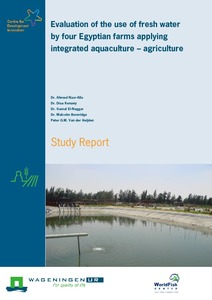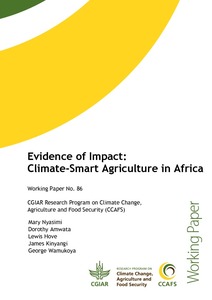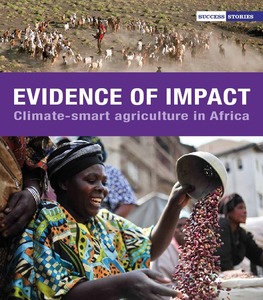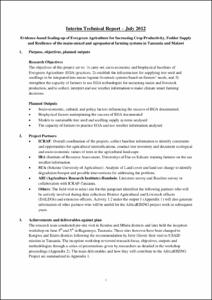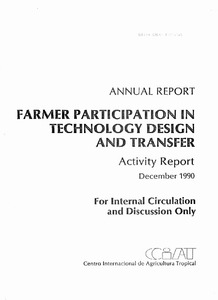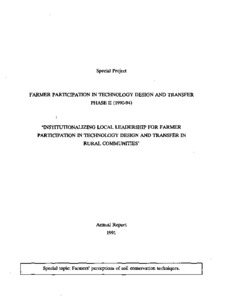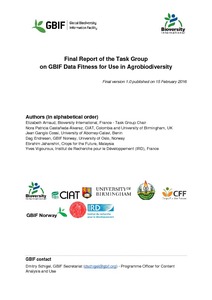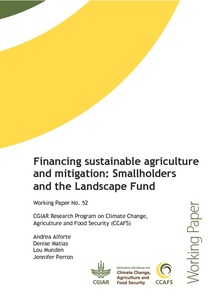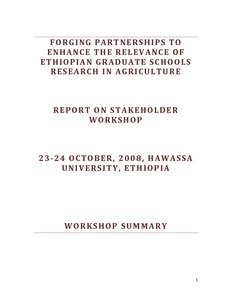Energy recovery from domestic and agro-waste streams in Uganda: a socioeconomic assessment
Recovering energy from waste offers dual benefits – a) improved waste management, and b) provision of reliable energy to households, institutions and commercial entities. In this report, we present a socioeconomic assessment of three energy business models (briquette manufacturing, on-site (public toilet) energy generation, and agro-waste electricity generation) based on feasibility studies carried out in the city of Kampala, Uganda.



